Why Does My Dog Follow Me Everywhere?
Published Jan. 12 2021, 5:02 p.m. ET
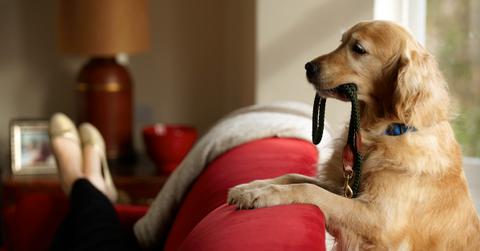
Dogs have been humanity’s boon companions since before civilization even began. Since then, dogs have been our lovable, sometimes annoying, shadows. Knowing what we know about other canines, it’s easy to understand the reasons why dogs form this sort of attachment with us. Nevertheless, the true answers behind the question of why your dog follows you everywhere is still hotly debated by veterinarians, scientists, and pet parents everywhere.
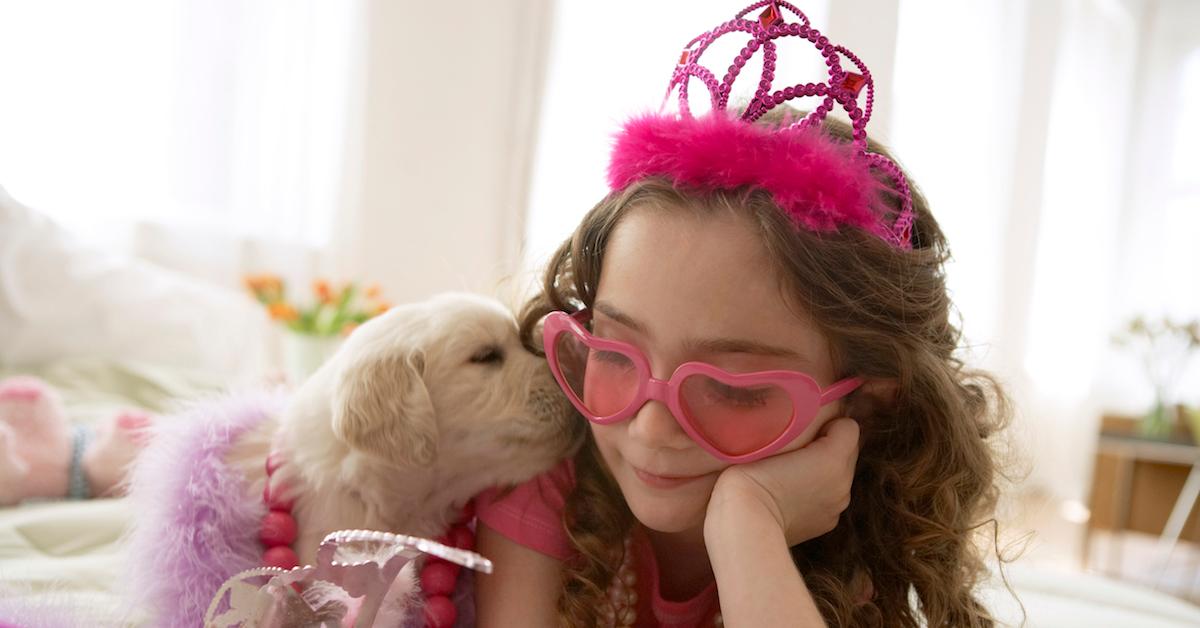
Why does my dog follow me everywhere?
Dogs are pack animals, descended from wild canines like wolves. Dogs see us as members of their family, or their pack, and so they crave to be near us. It’s a concept that many people understand and one that people assume is the main reason for our dogs’ innate desire to follow and be around us. It’s a mutually beneficial relationship.
Dogs provide us with unconditional love and companionship, while we provide them with food, shelter, safety, and that same love. Instinct notwithstanding, this so-called pack mentality isn’t the only factor contributing to this type of behavior.
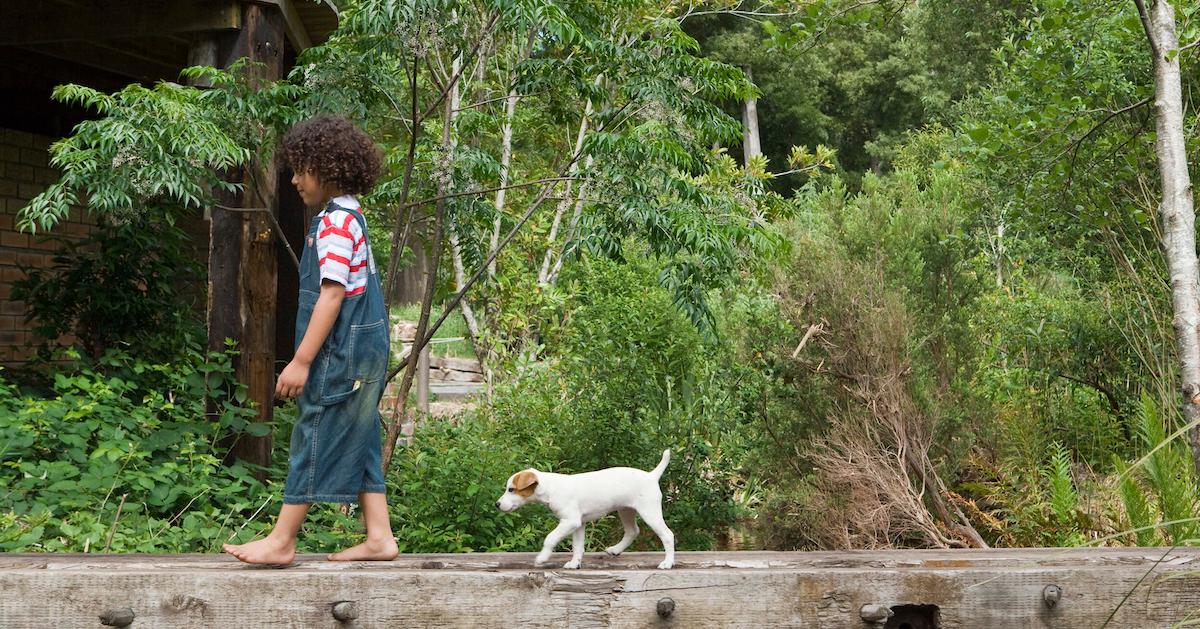
What about clingy dogs?
This is especially true for "velcro dogs," or clingy canine companions who are so loyal that they seem almost attached to our hips. According to Dr. Rachel Barrack, veterinarian and animal acupuncturist, domesticated dogs develop this attachment at a very young age. Dr. Barrack believes that puppies from birth to 6 months of age can imprint on their parents as they would to their mother, seeing them as a parental figure, as well as a pack mate.
Does positive reinforcement factor into it?
Another reason your dog might be staying so close to you is because of positive reinforcement. If your dog is getting pets, treats, and praise every time you’re around, they are going to want to be near you more often. You may not even be doing this on purpose. You might just be happy to have them around, and unless you’re showing overt disdain or annoyance for your dog’s close proximity, they are just going to assume you want them there.
If you have children, your dogs might take to following your kids around as well. Not just for protection, but because children often drop or offer snacks or treats to their puppies without you noticing. This positive reinforcement will ultimately tighten that bond between kid and dog over time. This bond is also formed and reinforced for dogs who sleep in their human's bedrooms or beds. If you continue to reinforce this positive attachment, your dog is going to assume that it is just the way things are.
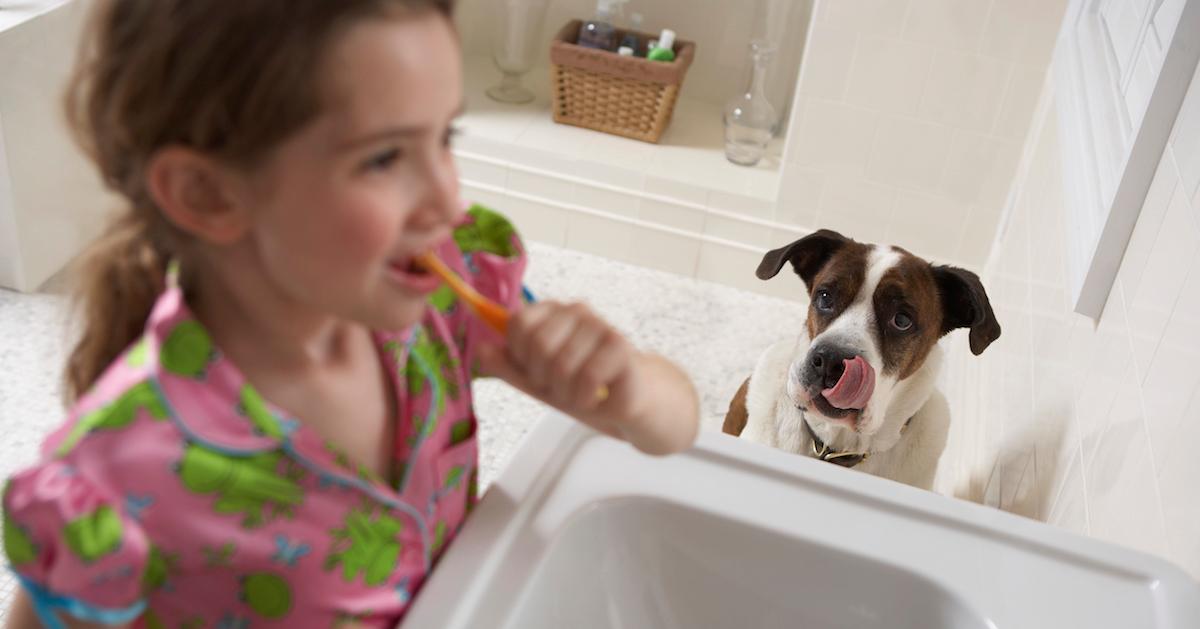
Are all breeds clingy?
Not all breeds are equally clingy. Some breeds, like terriers, are actually quite independent. They will keep their distance and be perfectly content doing their own thing. Other breeds, some of the smaller, toy breeds, were purposely bred to be our constant companions. Chihuahuas, Pugs, and Yorkies are all breeds that bond very closely to their humans. Pugs, in particular, have a real problem with separation anxiety.
Herding dogs, like Labrador Retrievers and Border Collies, were initially bred to follow human orders in order to perform specific tasks. They might instinctually follow their humans around, mimicking their every move. This isn’t a behavioral issue on their part — it’s just what they know. For instance, my dog Leia is a Shorkie, a crossbreed of a Shih Tzu and a Yorkie, both of which were originally bred to be vigilant, attentive lap dogs — and that is why she is on my lap even as I type this. So a lot of it has to do with breed.
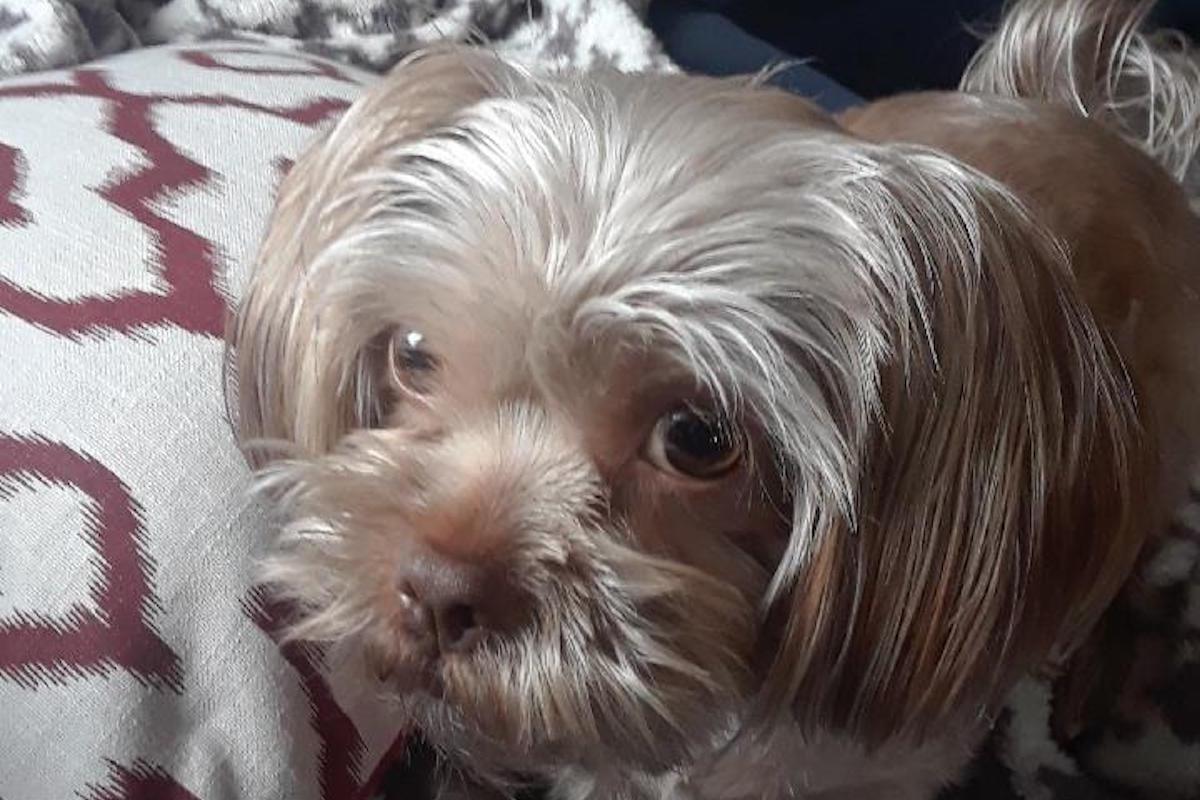
Do dogs cling to us because we are afraid or anxious?
Dogs look to us for safety, and this clinginess might actually be caused by fear or anxiety. Perhaps there are fireworks going off, or perhaps there are animals they can smell outside who are threatening. Whatever the reason, dogs want to feel safe, just like the rest of us. Anxiety, specifically separation anxiety, is another common reason for this clingy behavior as well.
A recent study found that some 17 percent of dogs within a large population suffered from separation anxiety. These dogs evinced panic and frantic behavior when separated from their humans. This anxiety could spring from anywhere, not just out of fear. Changes in routine or from an innate nervousness can cause it, but that anxiety becomes much worse when dog parents make a "big deal" about leaving or arriving at home.
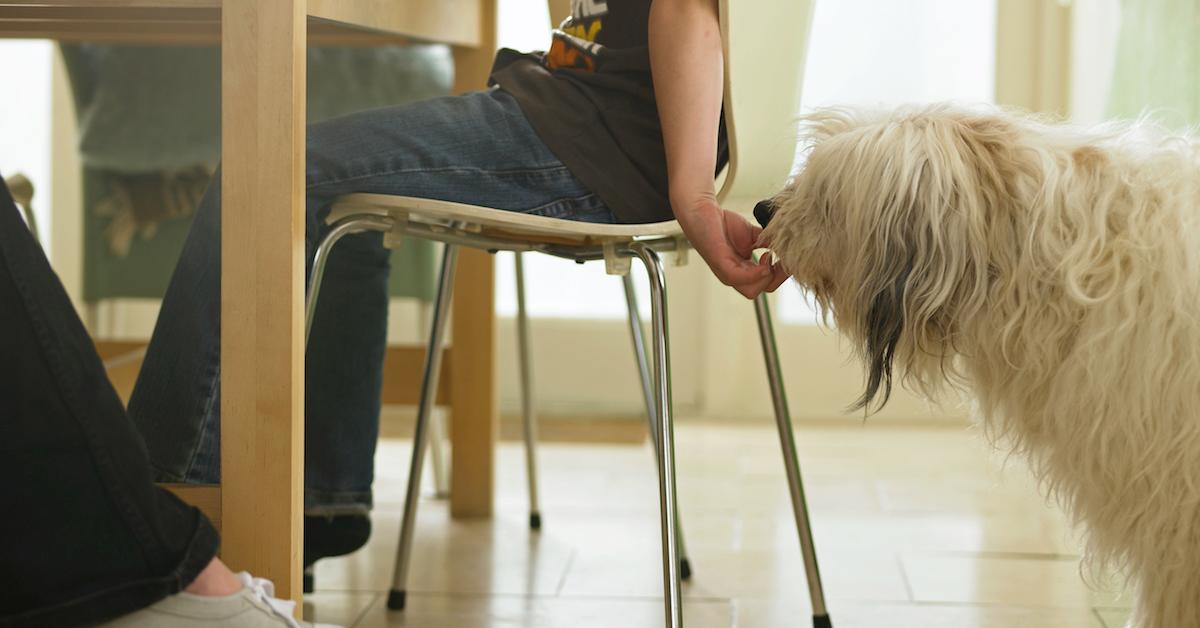
Is this an unhealthy connection?
The bond between dog and human isn’t a bad thing, necessarily. That connection can be beneficial for everyone involved. It’s only when separation anxiety or fear comes into play that things can go wrong. In those cases, the resultant anxiety can have a mental and physical effect on your pooch and cause them to act out in unhealthy ways.
They could develop eating disorders, excessive chewing, barking, or nervous ticks, and so on. If you’re having trouble with your dog’s clingy behavior and you can’t seem to curb it yourself, then it might be time to consider consulting a professional dog trainer. There are plenty of professionals out there who can help lessen the anxiety while maintaining that all-important human-canine bond.